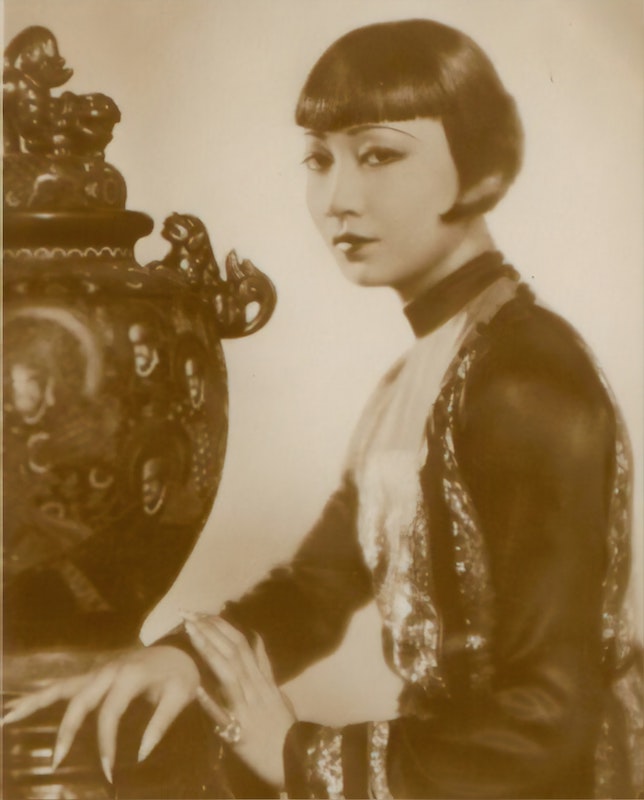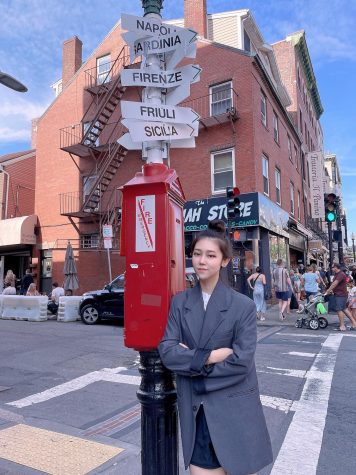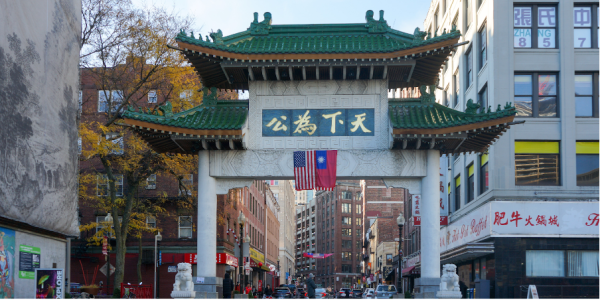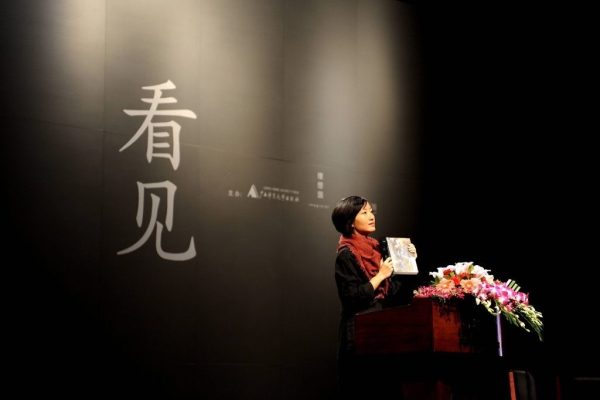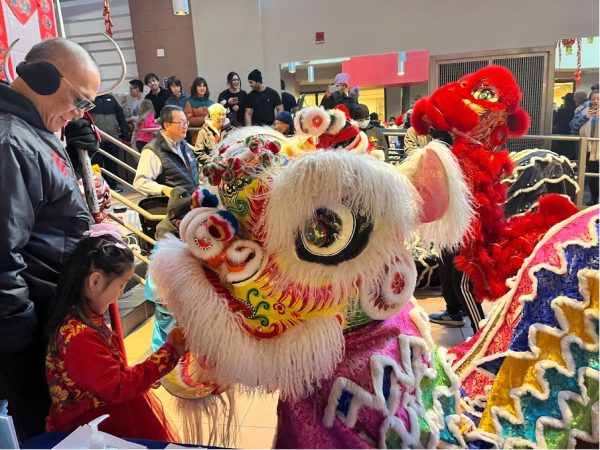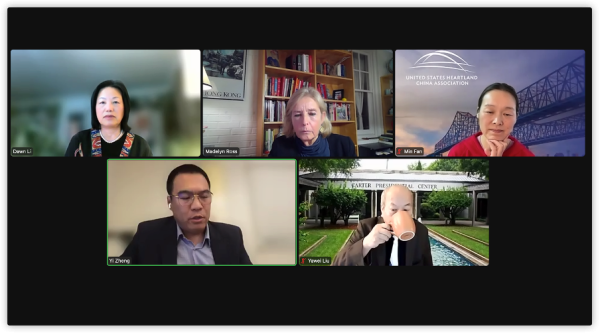Legendary Actor Anna May Wong to Be First Asian American on Currency
Anna May Wong was a famous Chinese American movie star.
October 24, 2022
Legendary Hollywood actor Anna May Wong is set to reappear in the public eye; this time on a quarter, and not the big screen, as the first Asian American to be represented on currency.
As only the fifth woman and the first of Chinese American descent, this honor is testament to Wong’s accomplishments during her lifetime.
Wong, who is originally from Guangdong, China, was born in 1905 in Los Angeles, California. Wong did not come from a family with a background in acting, but entered the movie business when she was just 14 years old.
Curiosity drove her to stop in Chinatown during a film shoot. In this unintentional moment, she was seen by the crew and then she was cast in a small role in the film. Her acting career never looked back.
In the era of silent films, Wong was the only Chinese movie star to break into Hollywood. She acted in films such as, “The Toll of the Sea,” “The Thief of Baghdad,” “Piccadilly” and “Shanghai Express.”
As Wong played more roles and her profile grew, the more ambiguity and criticism she received. Even though Wong was recognized in Hollywood at the time for the quality of her acting, the roles she was offered were racially biased. She was cast as either a prostitute or a woman who died for love, extrapolated from numerous “Oriental” stereotypes. In films she would wear sexually charged clothes and seduce customers, for example.
This extremely denigrating image of the Chinese led to much criticism that Wong had brought China into disrepute.
Although she fought hard and wanted to represent China in a positive light, Wong did not have the freedom to select movies with specific roles and plots because of the deep-rooted discrimination against the Chinese in American society at the time.
Wong told the LA Times in a 1933 interview that she was tired of the roles she had to play in Hollywood and said, “we are not like that.”
After experiencing racist treatment and numerous casting failures, Huang embarked on a journey to China and took up studies at the Peking Opera.
The journey to China gave Wong a deeper sense of national identity. It made her eager to turn the image of China in the outside world upside down. The national sentiment led Wong to strongly condemn the Japanese invasion of Northeast China in 1931. During the war, she supported an organization called the China Aid Federation and raised money and donated medicine to contribute.
Throughout Wong’s life, she overcame many obstacles and racial barriers. Her efforts to portray a positive image of the Chinese were powerful, playing characters that tried to break the stereotypes of white audiences in an era of overt racism and discrimination.
Her many acts of kindness and bravery are now remembered forever in 25 cent coinage.

